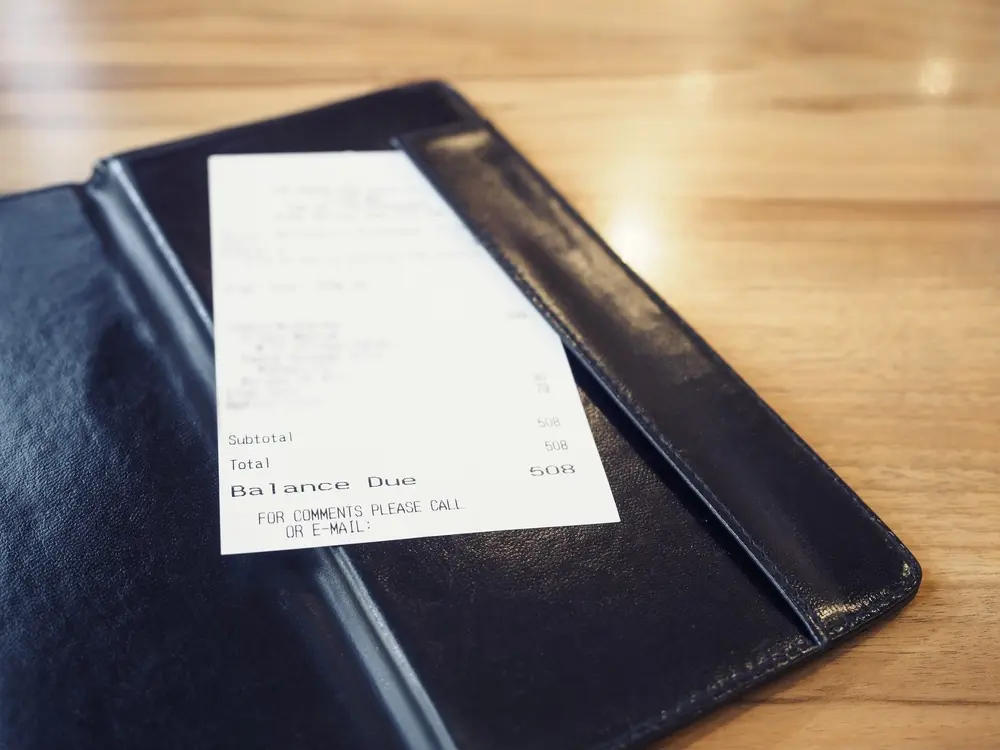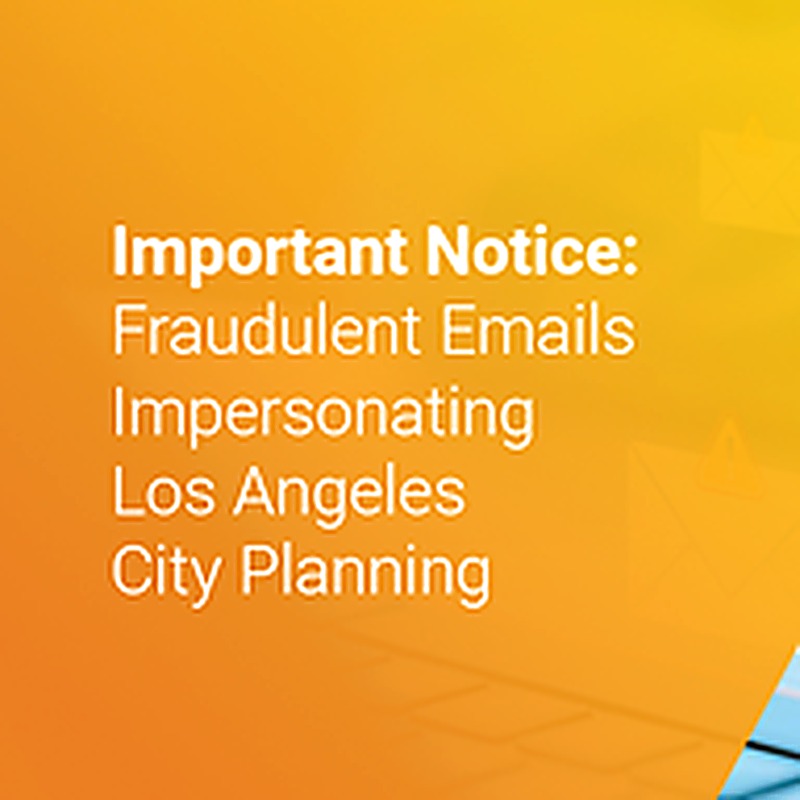
The price you see on the menu is what you’ll pay for your meal (plus taxes) under a state law that has the restaurant industry fuming.
From automatic service charges to vague “living wage” fees, California restaurants have increasingly been tacking on extra costs to diners’ bills in recent years, much to customers’ chagrin. But starting later this year, that practice will become illegal — the menu price (plus tax) is all you’ll have to pay.
Signed into law by Gov. Gavin Newsom in October and set to take effect July 1, SB 478 will prohibit hidden fees, defined by state officials as fees in which a seller uses an artificially low advertised price to attract a customer, disclosing additional required fees in fine print or tacking on unavoidable charges later in the buying process.
The law will apply to businesses selling everything from concert tickets to food delivery. But the state Attorney General’s previously issued confusing guidance on the legislation, suggesting that restaurants would be able to find ways to get around the ban.
Now, the AG’s office has made it clear: Restaurants will be prohibited from charging any additional fees, other than taxes, on top of menu prices, the San Francisco Chronicle reported.
“SB 478 applies to restaurants, just like it applies to businesses across California,” a Department of Justice spokesperson told the Chronicle last week. “The law is about making sure consumers know what they are going to pay and requires that the posted price include the full amount that a consumer must pay for that good or service.”
In recent years it’s become popular for restaurants and bars to tack on additional surcharges when a bill is calculated. So when a dish is listed on the menu as $20, a diner needs to consider that the real price actually includes an additional fee, often noted in small print at the bottom of the menu. Some of the fees, which restaurant owners say help cover healthcare costs and wages, may be optional. In such cases, a diner can request that the fee be taken off the bill, but only if they understand the fee’s voluntary nature.
It’s a confusing practice, one that many diners have decried as deceptive. But many in the restaurant industry say a forced move away from additional fees could have negative consequences for restaurants confronted with rising costs of doing business.
“It might make a lot of customers happier. They might say, ‘We understand why prices went up.’ Let’s hope that happens. But I don’t know if our industry can hope that’s what happens. They’re still struggling it’s been a tough year,” Golden Gate Restaurant Association Director Laurie Thomas told CBS News Bay Area.
Last year, a group of former servers at the popular Los Angeles restaurant Jon & Vinny’s filed a class-action lawsuit alleging that the company denied them tips due to diners’ confusion over an 18 percent service fee. The restaurant went on to change the language at the bottom of bills stipulating that the fee was not a tip.
Those types of fees often draw the ire of customers, including at Jon & Vinny’s, which drew spirited discussion on social media.
“It doesn’t seem fair to the diners,” one Reddit comment about the case reads. “So they pay 18% service fee and then the servers are asking for an additional 18 or 20 (or whatever) on top of that? That’s really expensive. If you raise prices to what it honestly costs to produce food and pay workers and pay the overhead, then restaurant dining will admittedly be really expensive. And maybe only a select few will be able to dine out, but maybe that’s the way it has to be.”



